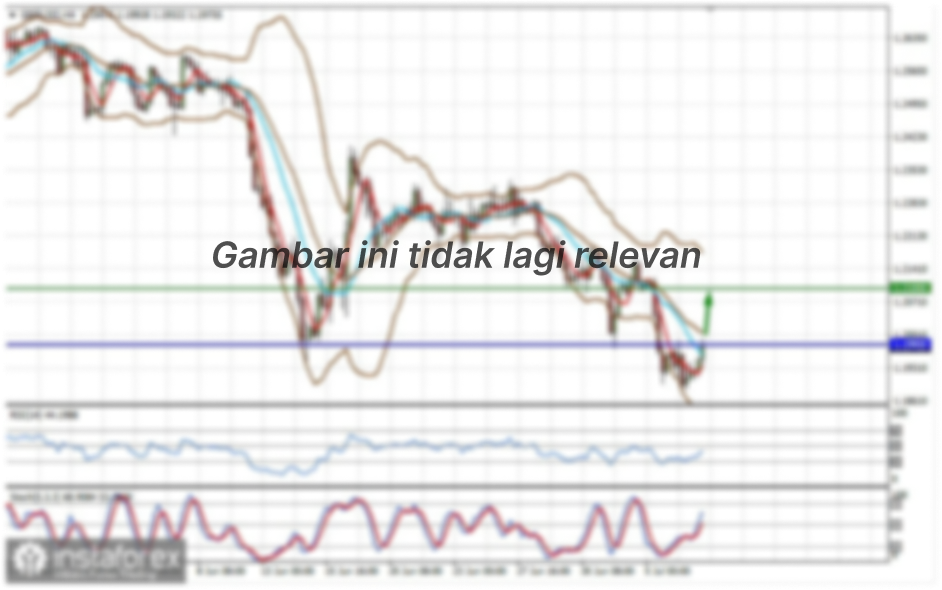Halaman ini menampilkan informasi terpenting mengenai trading bersama InstaForex. Kami memberikan kedua analisis dari ahli terkemuka untuk trader berpengalaman dan artikel terkait syarat trading untuk pemula. Layanan kami akan membantu meningkatkan potensi keuntungan anda.
Lihat Juga
Halaman ini di desain bagi mereka yang baru saja memulai perjalanan tradingnya. Edukasi InstaForex dan bahan analisis akan memenuhi kebutuhan latihan anda. Rekomendasi ahli kami akan membuat langkah pertama untuk sukses trading anda mudah dan lancar.
Layanan inovatif InstaForex adalah elemen penting dari investasi produktif. Kami berupaya untuk memberikan klien kami dengan kemampuan teknis andal dan membuat rutinitas trading mereka nyaman karena dalam hal ini kami diakui sebagai broker terbaik.
Kerja sama dengan InstaForex adalah yang paling menguntungkan dan bermanfaat. Bergabunglah dengan program-program afiliasi kami dan nikmati bonus, hadiah untuk mitra, dan peluang untuk berpergian bersama tim dari brand terkemuka dunia.
Halaman ini berisi penawaran paling menguntungkan dari InstaForex. Menerima bonus ketika mengisi akun, bersaing dengan trader lain, dan dapatkan hadiah sungguhan bahkan ketika trading di akun demo.
Liburan bersama InstaForex tidak hanya menyenangkan tapi juga bermanfaat. Kami menawarkan portal non-stop, sejumlah forum, dan blog perusahaan, dimana trader bisa bertukar pengalaman dan menjadi terintegrasi dengan sukses ke komunitas Forex.
InstaForex adalah brand internasional yang didirikan pada tahun 2007. Perusahaan menyediakan layanan untuk trading FX secara online dan diakui sebagai salah satu broker terkemuka dunia. Kami telah memenangkan kepercayaan lebih dari 7,000,000 trader ritel, yang menghargai keandalan dan fokus kami pada inovasi.










